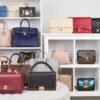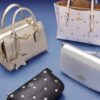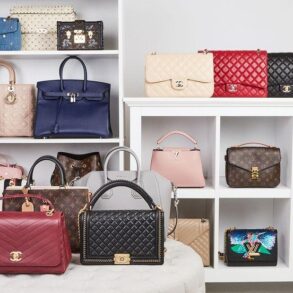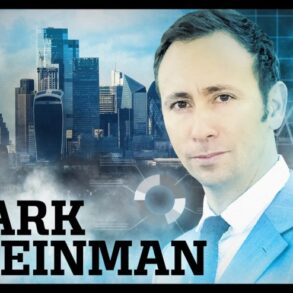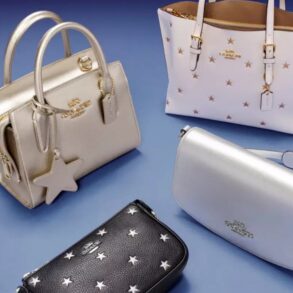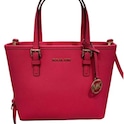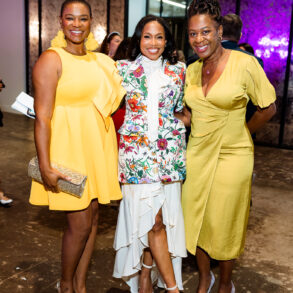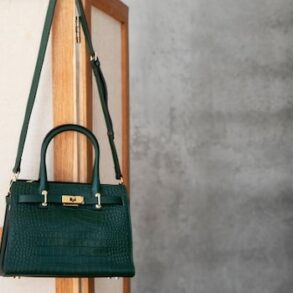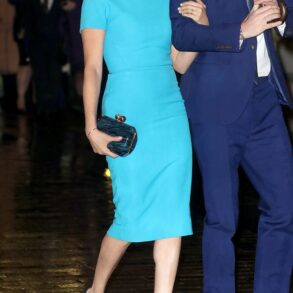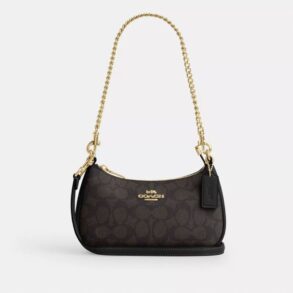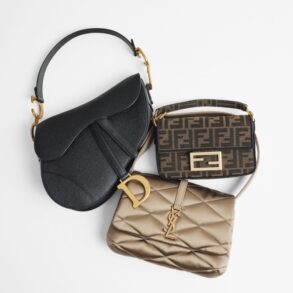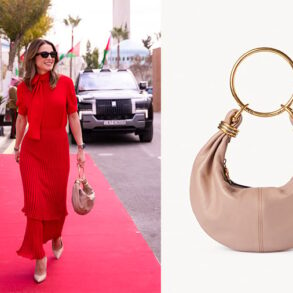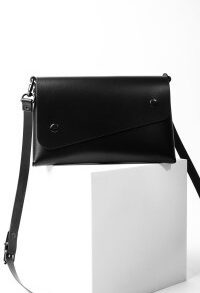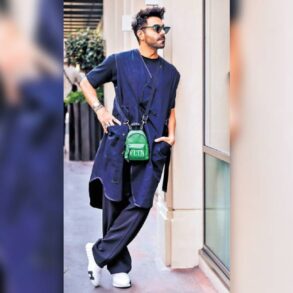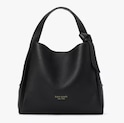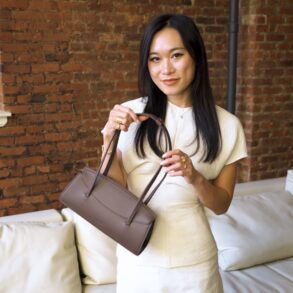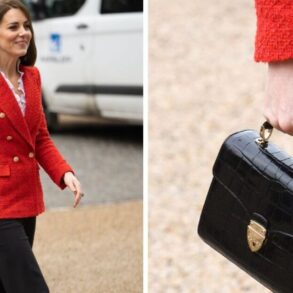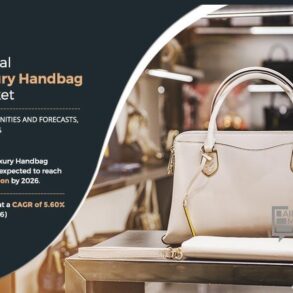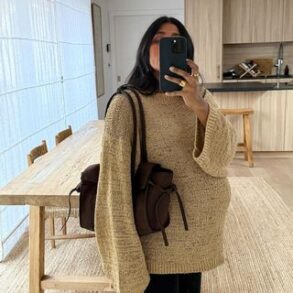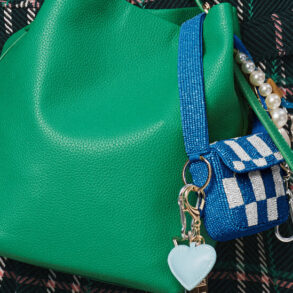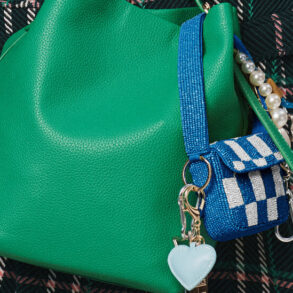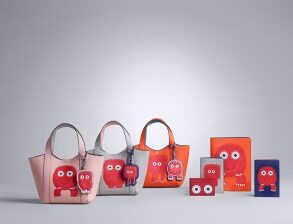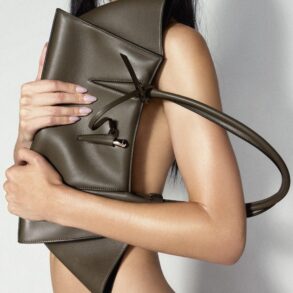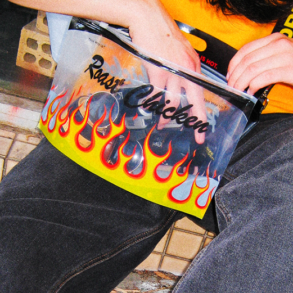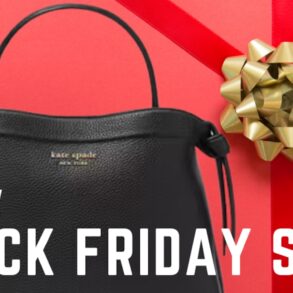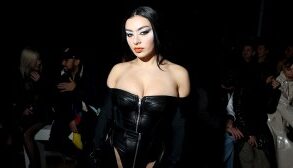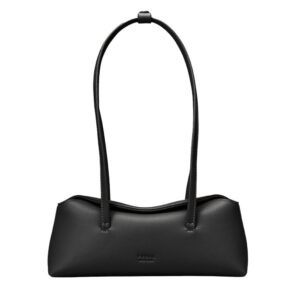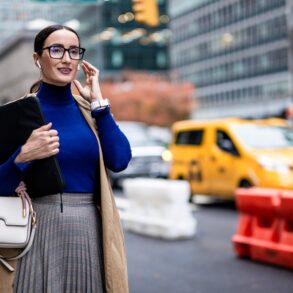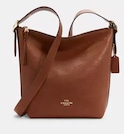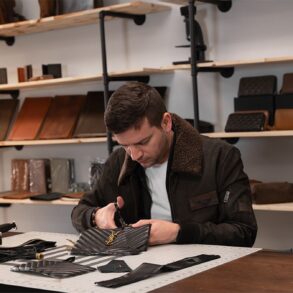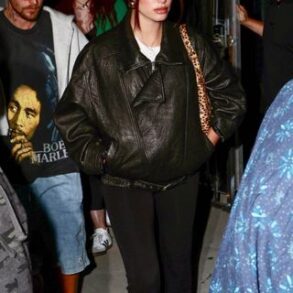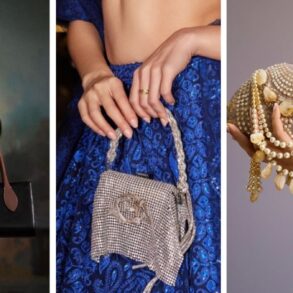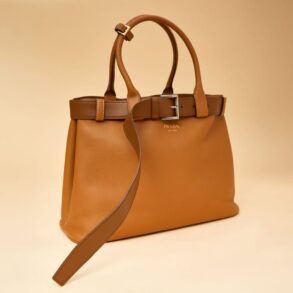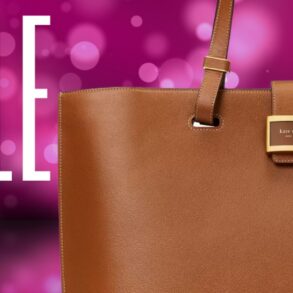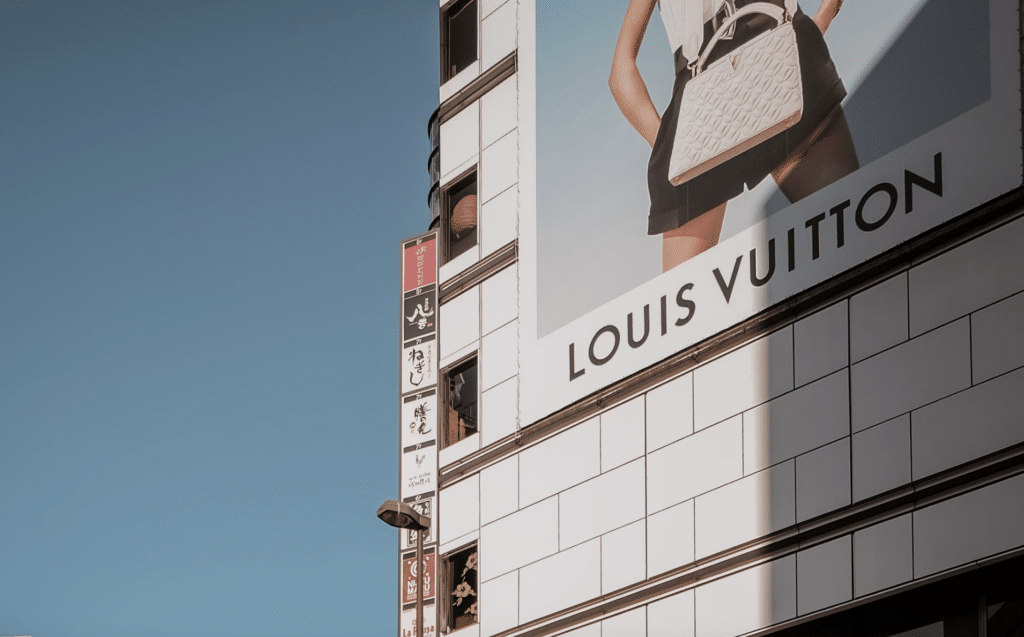
Louis Vuitton has landed a win in a lawsuit over the modification and sale of bags bearing its famous trademarks in Korea. In a decision late last month, the Intellectual Property High Court in Seoul upheld a lower court’s determination that Lee Kyung-han, an individual in the business of upcycling handbags and other luxury goods, is liable for trademark infringement in connection with his sale of modified Louis Vuitton handbags without authorization from the French luxury goods brand. In siding with Louis Vuitton, the IP High Court ordered Lee to pay 15 million won ($10,800) in damages.
A Bit of Background: Louis Vuitton filed its lawsuit against Lee in February 2022, alleging that between 2017 and 2021, he created bags and wallets from the materials of existing Louis Vuitton bags provided by customers, charging between 100,000 ($72) and 700,000 ($500) won per item. Counsel for Louis Vuitton argued that Lee’s sale of the modified products, all of which bore Louis Vuitton’s trademarks, infringed those well-known marks, as they were likely to confuse consumers as to the source of the products and Louis Vuitton’s involvement in crafting the modified goods.
The Seoul Central District Court sided with Louis Vuitton in November 2022 and ordered Lee to pay 15 million won in damages as a result of his infringement of the Louis Vuitton trademarks, prompting him to wage an appeal.
A Win for Louis Vuitton
Taking on Lee’s appeal, the Intellectual Property High Court (formerly known as the Patent Court) considered his argument that the redesigned products are not “new” offerings, and thus, his use of the Louis Vuitton marks should be shielded from infringement liability on exhaustion (or first sale doctrine) grounds. The IP High Court was not persuaded, holding that Lee’s reconstructed products amount to “new” products, as they take on “completely different shapes, sizes, and functions” as the original Louis Vuitton goods.
The court also noted that the upcycled products “command high prices in the secondhand market and possess value as independent products,” factors that further weigh in favor of a finding that they are different from the underlying Louis Vuitton products from which they were constructed.
Since the redesigned products “constitute entirely new merchandise” and bear Louis Vuitton’s trademarks without any disclosures about the products being “reformed or reproduced,” the court held that consumers “may mistake the products as being made by Louis Vuitton.” Against that background, the IP High Court affirmed the lower court’s finding and ordered Lee to pay 15 million won in damages to Louis Vuitton and also awarded injunctive relief that permanently bars Lee from using materials bearing Louis Vuitton’s trademarks in furtherance of his refurbishment services.
The IP High Court’s ruling does not appear to be the end of the matter. On the heels of the court issuing its decision, Lee said that he plans to appeal to the Supreme Court in Korea, saying, “This is an unreasonable ruling that ignores consumer rights. This decision effectively criminalizes all forms of product modification, from clothing and bag alterations to car customization.”
A Larger Push Against Upcycling
The case illustrates the increasingly expansive enforcement approach that brands are taking against unauthorized uses of their marks. Legal battles are readily being born out of the rise of upcycling and product customization, as luxury goods companies and sportswear giants, alike, look to crack down on what they have characterized as attempts by third parties to improperly align themselves with – and profit from – the appeal of these well-known brands by making unauthorized use of their world-famous trademarks.
Chanel, for example, has waged cases on this front – taking on companies over upcycled jewelry and “refurbished” bags. Louis Vuitton has taken on upcyclers in court in the U.S. Meanwhile, Nike has pursued claims against customizers of its famous footwear, including MSCHF, and Rolex has taken on parties like La Californienne and Artisans de Geneve over the sale of modified watches that make use of Rolex trademarks.
These cases raise some interesting and nuanced questions, as companies appear to be actively testing the bounds of their trademark rights in order to exert control over how, where, and by whom products (including once-authentic ones) bearing their names and other trademarks are sold. At a high level, these cases raise critical questions about the bounds of the first sale doctrine, a well-established trademark principle that provides that an individual/entity can stock and resell genuine trademark-bearing products without the trademark holder’s authorization and without running afoul of trademark law once the trademark holder first sells those goods in a given market.
Beyond that, these instances pit elements of circularity/sustainability, which are commonly-cited motivations for upcyclers, against brand enforcement issues, which companies argue are a critical aspect in their ability to maintain robust trademark rights and keep the goodwill associated with those marks (and their corresponding pricing power) intact.
This post was originally published on this site be sure to check out more of their content.

